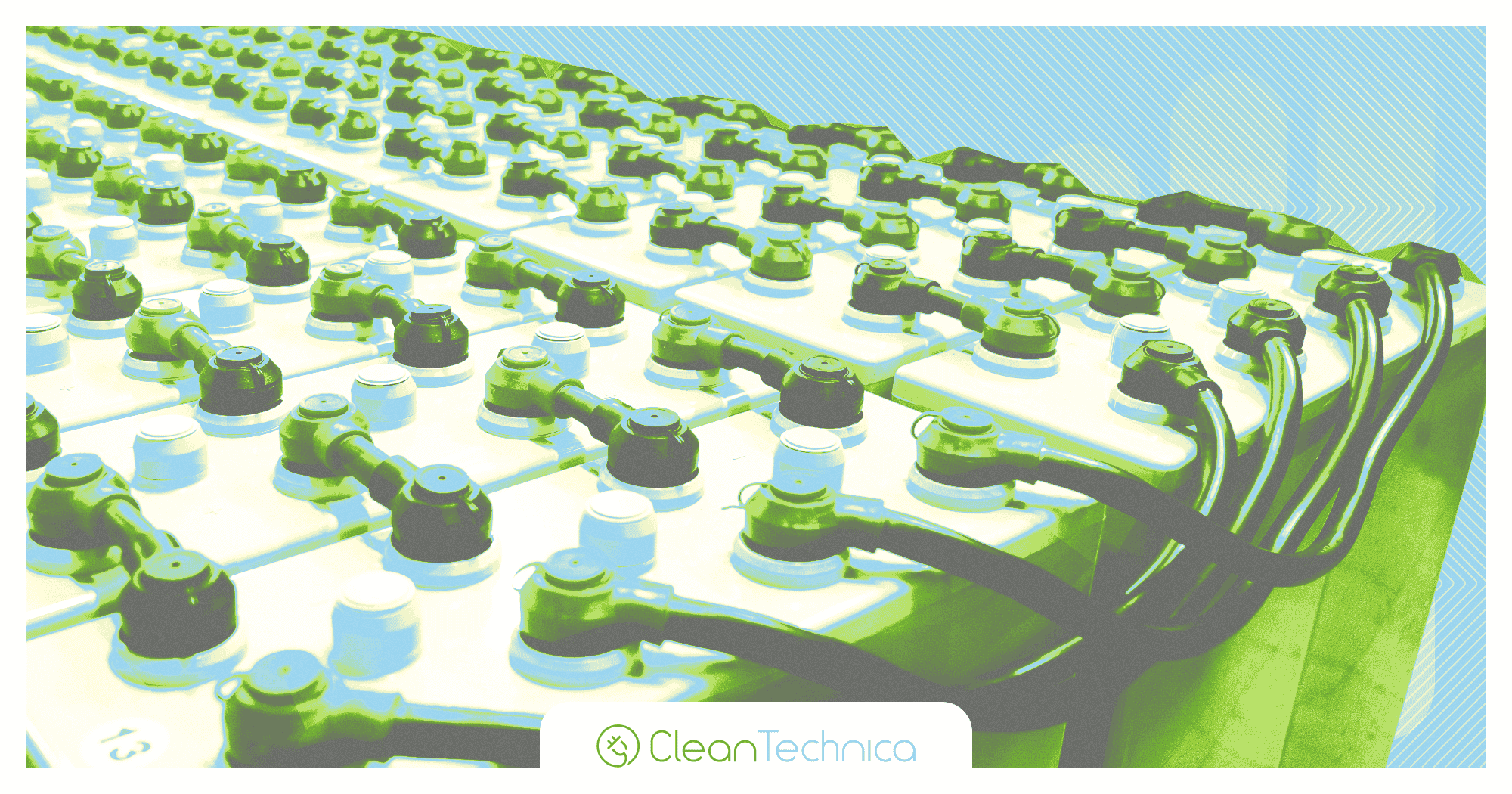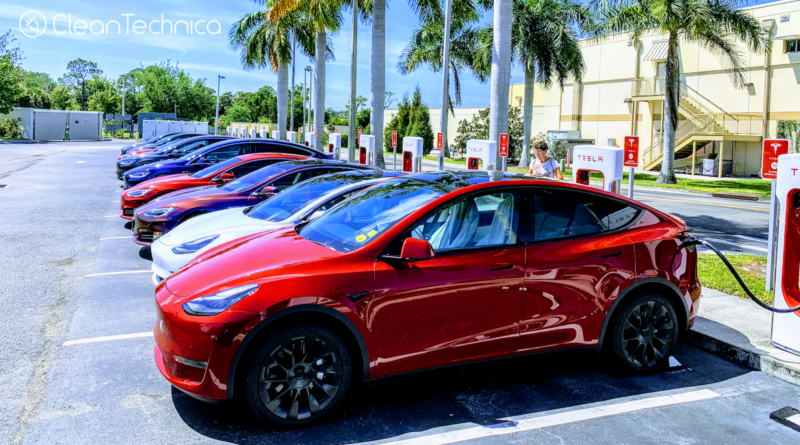
Creating a startup within Ford may help the automaker out-innovate Tesla and other EV newcomers.






Radar RD6 EV pickup truck from Geely with 4WD will enter the domestic market in Q2 2024.
The post Radar RD6 EV pickup finally gets 4WD appeared first on CarNewsChina.com.

At a time when the cost of fossil fuels is skyrocketing and sustainability is becoming increasingly important, Latin American consumers are eager for greener vehicles, Geely Auto said.
The post Geely Auto inks deal to purchase Zeekr cars for resale in Mexico appeared first on CnEVPost.
For more articles, please visit CnEVPost.
